
Diana Weber
Lawyer of international law
Rating:
16
August
How to Get Citizenship of Spain
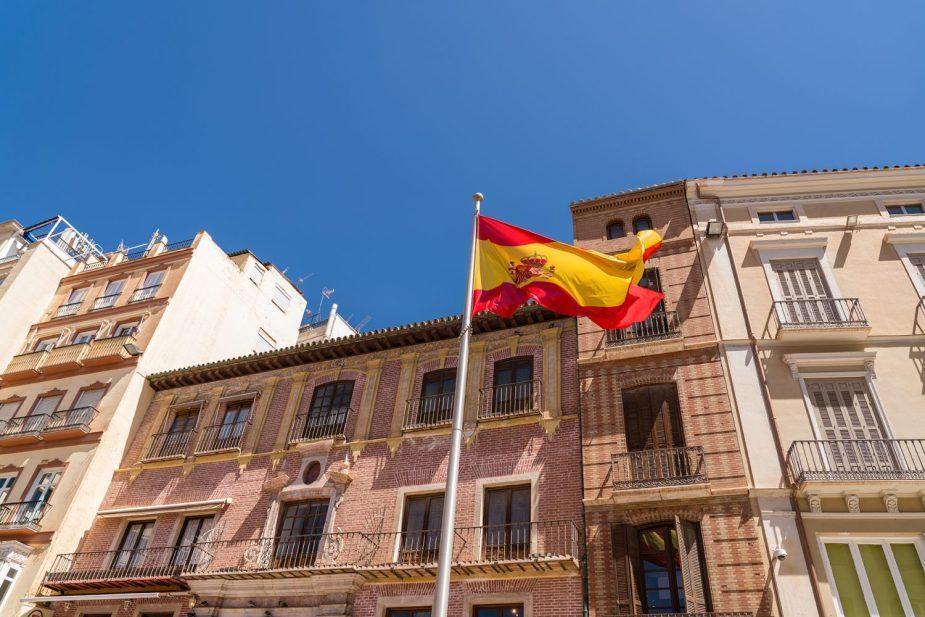
Spanish citizenship (Nacionalidad española) is granted by blood right, option (choice), naturalization in regular or accelerated order. Most often, foreigners are required to live in the state for 10 years with a residency card before applying for a national passport. The obtained document automatically equates the owner to a citizen of the European Union, with the right to reside in any country of association on equal terms with the indigenous population with some minor exceptions.
In 2025 the Spanish passport ranks 2nd in the global ranking of the strength of national documents. With it you can visit more than 160 countries, including the USA, Canada, China, Australia and the whole Europe without obtaining a visa at the embassy. The Kingdom of Spain does not allow multiple citizenship, except in cases stipulated by bilateral treaties, so when applying for a local passport, you need to renounce a similar document in your home country. Further we will tell how to get the status of a citizen in different ways.
The need to live in Spain for ten years and lose their passport in their home country to obtain local citizenship does not suit many foreigners. Find a more optimal, fast and inexpensive option of registration of the status of EU citizen can be supported by specialized lawyers Immigrantinlaw. Specialists of international law select the best immigration programs taking into account the wishes and background of the client.
The main document that regulates the rights and obligations of Spanish citizens is the Civil Code - Código Civil, including Royal Decree number BOE-A-1889-4763. Additional rules relevant within the European Union are specified in Directive 2004/38/EC. A person's rights do not depend on the basis on which he or she acquires local citizenship, such as naturalization or descent. The holder of a Spanish passport has the following privileges:
A citizen of Spain must know, respect and adhere to local constitutional norms. Any form of discrimination and infringement of other people's interests is prohibited in the kingdom, so residents must also respect the rights of surrounding people. Residents and citizens of the state are obliged to pay taxes to the local treasury, except when it is regulated by international agreements “On avoidance of double taxation”.
Submit an application form and we'll get back to you!
Those with Spanish roots can apply for citizenship by descent or choice. The rule also applies to those who were adopted by Spaniards or did not receive any passport after birth due to the nuances of the legislation of the parents' native country. Other foreigners have the opportunity to obtain a passport of the kingdom by naturalization - a prolonged stay in the country with proven integration into local society. The standard period of residency is 10 years from the date of move. Step by step, the naturalization process looks like this:
The process of naturalization in Spain begins with the search for a reason to move. The most popular of them we will consider further in detail.
It is possible to move to Spain after concluding an employment contract with a local organization. A residence permit is also granted in the framework of an international transfer, for an extended business trip, or for scientific research. In most cases, the employer can invite a foreigner only after authorization from the National Employment Service, which checks whether there are no candidates from among the citizens of the kingdom for the position. Special conditions are provided for highly qualified specialists: they can get the EU Blue Card for 2 years at once with the right to family immigration and mobility within the European Union.
Spain grants residency to students of private and public institutions of higher education - colleges, academies, universities. Interns, volunteers, participants of international exchange programs and language courses are also eligible for residence permit. After receiving a document on education, a foreigner has a chance to obtain a residence permit for another 12 months, during which it is possible to find a job or start a business for further naturalization. Minor students can immigrate only with the written approval of their parents.
Spain welcomes financially secure foreigners who are willing to invest one of the following amounts (in euros):
It`s possible to avoid direct investments, just placing a bank deposit account in Spain from a million euros, which also entitles you to a residence permit. Investors receive immediately a three-year residence permit with the possibility of subsequent naturalization.
The right to naturalize in Spanish territory is available to those who have close relatives who are local citizens or residents. Reunification is possible with children, parents and, exceptionally, other family members, e.g., if they need care or are supported by the host country. Relatives can be invited to join the host country if they can demonstrate an income of 75 % of the Public Multiple Effects Income Indicator, IPREM (100 % is 600 EUR in 2024) for the first person and another 50 % for each subsequent person. Naturalization for family reunification follows the standard procedure.
Spain allows the spouses of local citizens to obtain a passport of the kingdom one year after moving to the country. The marriage must be officially concluded and recognized by Spanish law if the registration took place abroad. Husbands and wives of residents can naturalize according to the usual procedure - first to formalize family reunification, after which to meet the requirements for the period of residence in the state.
Moving to Spain is possible through the registration of a business in the Kingdom. Legislation does not set requirements for the sphere of activity of a foreigner, the amount of start-up capital, the form of ownership (for example, individual entrepreneur or open joint-stock company). The authorities of the country study the business plan to assess its prospects and the possibility to improve the potential of the labor market. The entrepreneur will be required to prove that he/she is able to realize the business idea, i.e., has relevant experience and/or a diploma in the declared direction.
Spain offers protection under the Geneva Convention on the Rights of Refugees to those who cannot remain in their home country because of an objective threat to life or health. Most often, requests are approved from foreigners who have fled the country because of military conflicts, for example from Syria or Afghanistan. Refugee status can also be granted to those who are discriminated against in their home country, for example because of their race or gender identity. The main thing is to have convincing evidence. Refugees in Spain can naturalize 5 years after moving to Spain.
Immigration to Spain with the possibility of subsequent naturalization is also possible in the following situations:
Within the framework of international treaties, Spain grants the right to accelerated naturalization to citizens of Ibero-American countries, Andorra, the Philippines, Equatorial Guinea or Portugal, and Sephardic Jews. For these categories of applicants, the period of residency is reduced to 2 years instead of 10, but the other requirements remain in force.
It`s possible to obtain all the rights of a Spanish citizen faster and easier with a passport of another EU country, issued under the accelerated procedure. With the assistance of specialized lawyers Immigrantinlaw to acquire a second citizenship takes up to 12 months, without opening a residence permit, learning a foreign language and demonstrating the level of income. You can get detailed information at a free consultation.
To obtain the status of a citizen in the Spanish kingdom, you need to form a package of documents, which includes:
Those eligible for expedited naturalization shall complete the file with an appropriate supporting document, such as:
When naturalizing in Spain, you will need to pay the following administrative fees:
Get more information about the peculiarities of immigration to the EU at a free consultation
Once the naturalization requirements have been met, you can apply for Spanish citizenship. You will first need to take the necessary tests, submit the documents and wait for a decision. The process is completed by obtaining a certificate of citizenship and the issuance of national passports.
Two certificates will be required for the completion of CV for Spanish citizenship:
Citizens of countries with an official Spanish language (such as Chile or Argentina) and those who have completed an educational course in the Kingdom are exempt from the language test. The test can be replaced by an interview with an official. It is also not compulsory to take the test in special situations, such as people with disabilities. The tests are held at the offices of Instituto Cervantes, the Spanish cultural center.
Those who have a local ID card and a qualified electronic Clave certificate can complete the online application process for Spanish citizenship through the official service of the Ministry of Justice. In addition to filling out the application form, scanned copies of the dossier will need to be uploaded. If desired, it is possible to request citizenship status in person by visiting the territorial office of the Civil Registry Office at the place of registration. Most authorities receive visitors by appointment.
If the application is approved, the applicant is presented with a document that certifies his or her citizenship and can be used for the issuance of local passports (internal and travel). In order for the decision to take effect, an oath will need to be recited and the previous passport will need to be relinquished. The acquisition of status must also be entered in the civil registry.
For identification, a citizen of Spain issues a plastic ID-card of a unified sample of the European Union. To do this, it is necessary to visit the territorial body of the Ministry of Internal Affairs in person, having previously made an appointment online or by phone. You will need to provide a birth certificate, certificate of citizenship, photo and proof of residence registration. After receiving an ID-card, you can also obtain a passport for visa-free travel around the world. It is also issued by the Ministry of Internal Affairs for a period of up to 5 years after paying the state duty of 30 EUR.
Despite the general migration norms of the EU countries, each state has its own nuances of citizenship, and Spain is no exception. For example, the kingdom is one of the few to sign agreements on dual citizenship, partially adheres to the “right of soil” and gives the opportunity to naturalize illegal immigrants.
The fact of birth in Spain does not entitle the baby or its parents to obtain citizenship. However, anyone who was born in the kingdom can request a local passport after 12 months of permanent residence in the state. The rule also applies to children of foreigners, regardless of the migration status of their parents. A child can become a Spaniard a year after birth in the kingdom, and his mother and father in this case receive the right to a residence permit and subsequent naturalization.
The Spanish Nationality Act states: “Any person who, at the time of application, has been married to a Spaniard for one year and has not been legally or de facto separated may apply for a national passport 12 months after moving to the Kingdom”. Actual cohabitation is not taken into account in this case. In addition, the authorities check family unions for fictitiousness, which excludes the possibility of citizenship by fraudulent means.
Naturalization is defined as long-term residence and related requirements, such as learning the national language, cultural and social norms. Habitancy usually refers only to long-term residence in the country itself. Spain is the only EU country that issues a humanitarian residence permit for family, labor or social residency. The document is granted to illegal immigrants who have been in the state for at least 2-3 years, sufficiently integrated into society, work and/or have family ties with local residents or citizens.
The Kingdom has concluded treaties on dual citizenship with the states of Latin America, which were formerly local colonies. Bilateral agreements have also been signed with France, Portugal, the Principality of Andorra, the Philippines and Equatorial Guinea. The holder of two passports can use either of them on the territory of both countries at their discretion, such as choosing where to pay taxes and serve in the army. Multiple citizenship outside of signed treaties is not recognized. When applying for a local passport, the current identity card in the home country must be relinquished.
Submit an application form and we'll get back to you!
In 2025, Spain significantly updated the rules and procedures for acquiring citizenship: deadlines, fees, and exams were revised, and new laws were adopted that affect residency-based pathways.
The year 2025 marked a turning point for those seeking Spanish citizenship: the Democratic Memory Law benefits were extended, the costs of applications and exams increased, and the investment route through the Golden Visa was permanently closed.
Applications for citizenship are rejected if the applicant does not meet at least one of the requirements, for example, does not know enough Spanish or has been convicted in his or her home country. Often the request is denied because of irregularities in the migration procedure, submission of an incomplete or incorrectly executed set of documents. Those who are recognized as persona non grata because they pose a threat to national security or public safety cannot become citizens. The refusal can be appealed through the court, but most often such cases are decided in favor of the authorities.
It is possible to obtain an EU passport assured with the support of international law specialists Immigrantinlaw. Specialized lawyers perform most of the tasks for the applicant, from documentary preparation to the organization of the appointments in the authorities. The support of a specialist allows you to quickly and easily obtain a second citizenship without large investments.
How to Get Citizenship of Estonia
25 November
Estonian citizenship is a status that grants you certain rights and a number of obligations to the state. Among the...
How to Get Citizenship of Cyprus
10 February
Cypriot citizenship is your direct link with the state, which is expressed in the existence of certain mutual privileges and...
How to Get Сitizenship of Germany
15 April
German citizenship is a legal status of a physical person, confirming his stable mutual relationship with the state, which is...
Obtaining Austrian Residence Permit for Foreigners
30 December
A residence permit in Austria is a document that is issued to those who plan to stay in the country...
How to Get Citizenship of Latvia
24 January
Latvian citizenship can be obtained in three ways - by application (naturalization), origin (repatriation) or birth (blood right). The conditions...
How to Get Сitizenship of Bulgaria
25 March
Bulgarian citizenship is a status that confirms the relationship of a natural person with this country, expressed in the presence...
Discover
new opportunities
with a European Union passport!
Submit the application form and we will call you back!
Leave a request
Contacts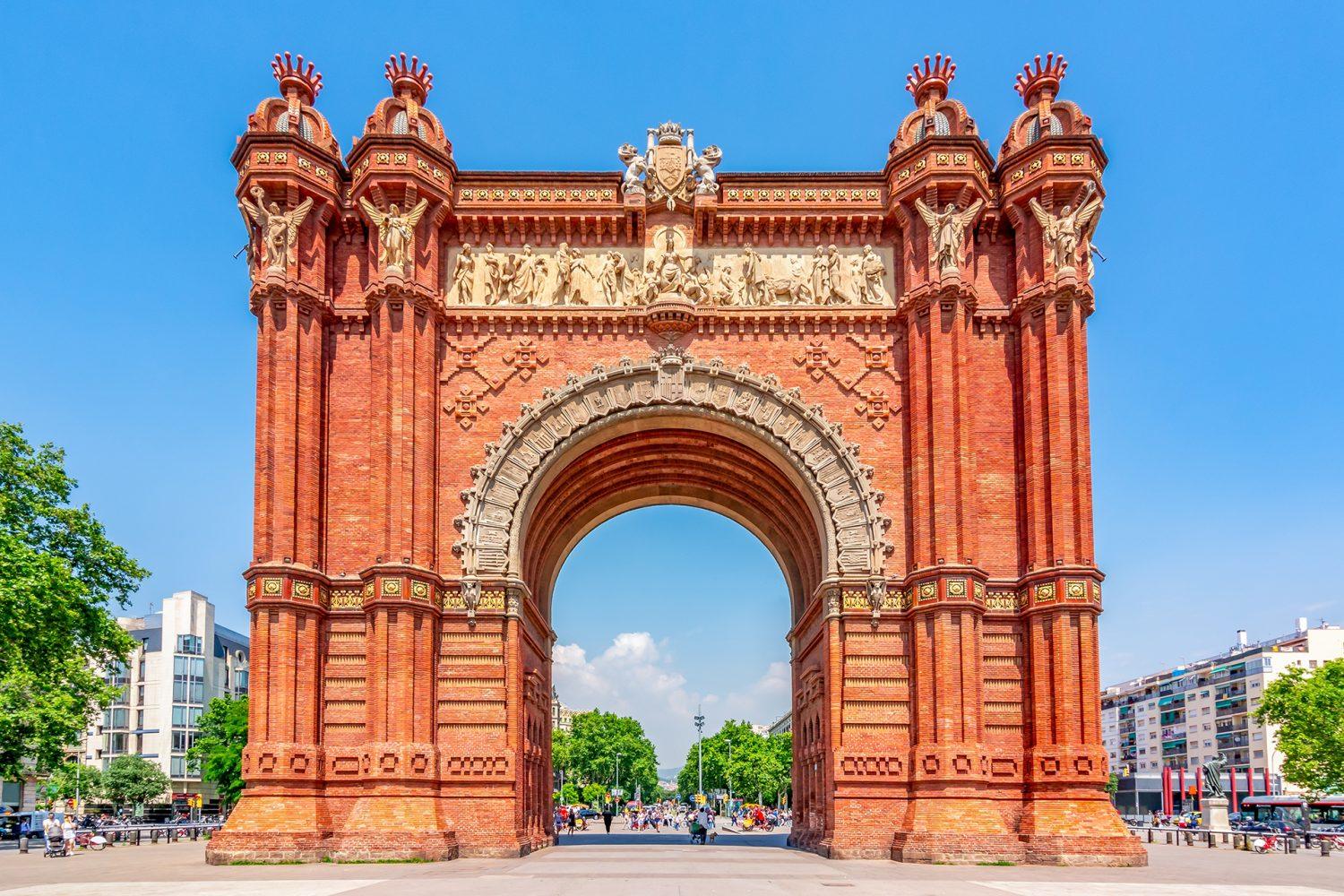


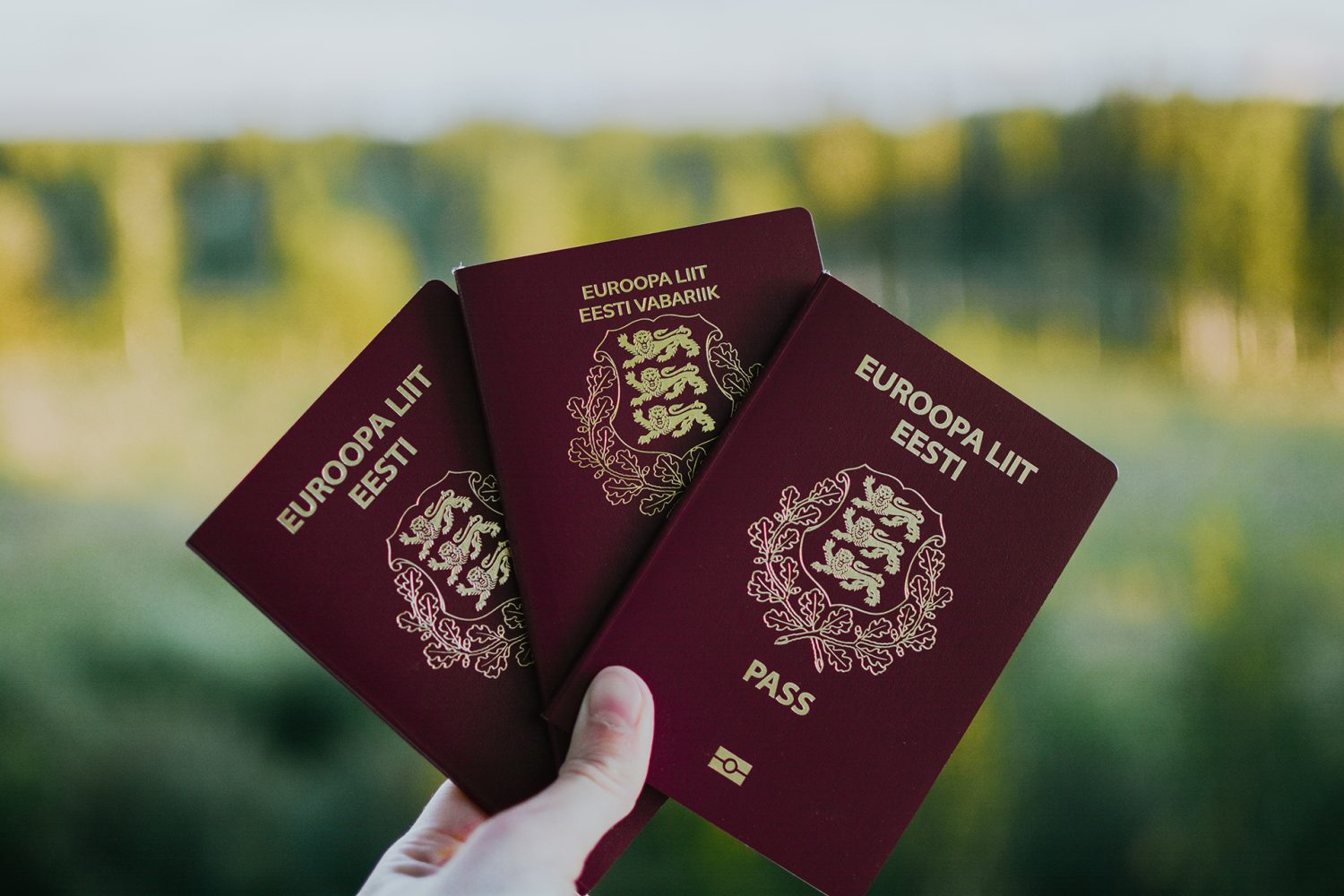

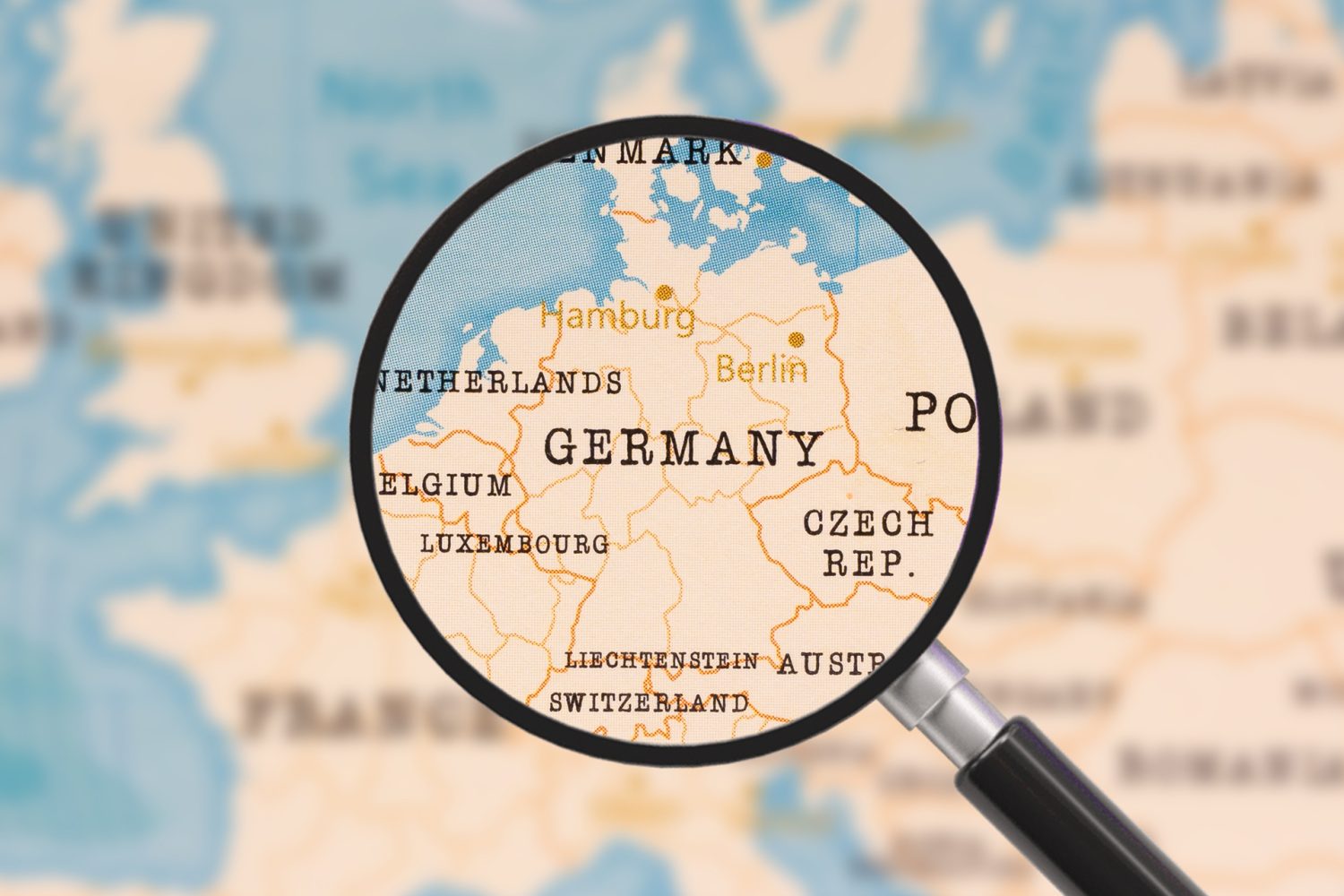

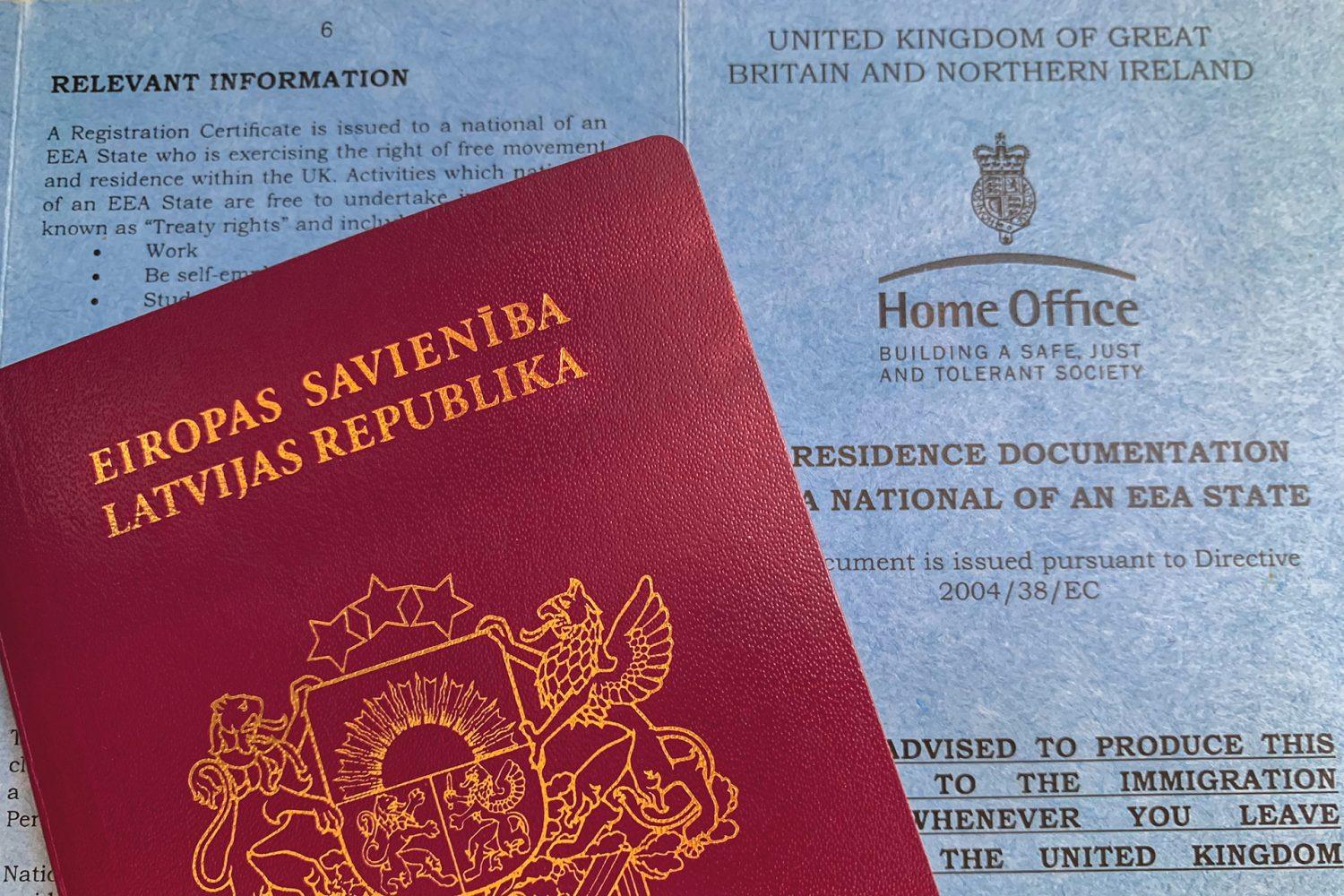


DAVID
I am a US citizen with permanent Spanish residency (10+ years) and would like to apply for Spanish nationality. I am requesting your specific fees and services provided — e.g. handling apostille processes, etc. Also, I have my birth certificate issued 15/03/2025 and need to know how it will be valid for submission. I am scheduled for DELE A2 and CSSE in September and November. Please do not share my contact information with third parties.
Thank you
Diana Weber
Dear David, thank you for your message. Regarding Your Birth Certificate: as a general rule, Spanish authorities require foreign civil documents (such as birth certificates) to be no older than 3–6 months at the time of submission, especially if they are issued in countries like the U.S. and need an apostille. Since your certificate is dated 15/03/2025, it should be valid until approximately September 2025, assuming it includes the apostille and sworn Spanish translation. However, we recommend submitting your application as soon as possible after completing your CCSE exam in November, or obtaining a fresh copy if delayed beyond that timeframe. Please let us know if you would like to arrange a consultation or receive a personalized service quote. We’ll be happy to assist you through each step of the process.
Marco Garcia
Hi. Im American living in US. I just got Spanish passport through parent Spanish legacy law. I will
Move to Spain in a yr to join Spanish citizen/resident wife. Is
residency automatic for me now with citizenship/passport or must i apply for residency visa such as the family reunification path? Our marriage is registered there and Q is after securing padron & DNI, need i stilk apply for residency (as retired, no work, no investment)?
Diana Weber
Hi. As a Spanish citizen, you don’t need a residency visa. Once in Spain, register your address (empadronamiento) and get your DNI. You’ll have full residency rights automatically.